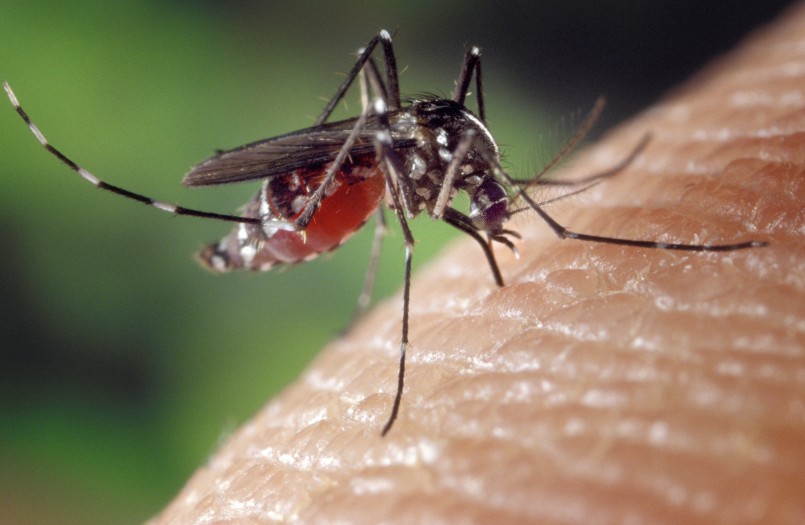Adventure Travel
What Outdoor Adventurers Need To Know About The Zika Virus

Image: Wikipedia
What Outdoor Adventurers Need To Know About The Zika Virus
The news is crawling with information about the Zika virus, but it’s hard to determine if the madness will apply to any of your adventures this spring and summer. Fortunately, the disease is mostly contained to areas in the Caribbean sea, but that doesn’t mean you shouldn’t be aware of how it could affect your plans.
Because of its link to birth defects in pregnant women, it’s especially important for females to understand the risks associated with contracting the virus, as well as for men to learn how they can transmit the virus to their partners.
Follow these tips to ensure your next adventure is full of epic memories instead of a bout with Zika.
Where The Zika Virus Is Located
The Zika Virus is currently located in warm, humid climates ranging from the Pacific Islands to Brazil and several Caribbean Islands. Most of Latin America, including Mexico, Costa Rica, Honduras, and El Salvador has active cases under investigation. You can view the full list of affected countries here.
If you’re planning a trip to any of these countries, it’s extremely important to learn as much as possible about preventing exposure to the Zika Virus.
How It’s Contracted
The Zika Virus is typically transmitted through the bite of an infected Aedes species mosquito, which are the same type that carry dengue and chikungunya viruses. The mosquito is infected when it feeds on a human who carries the Zika Virus and in turn spreads it to the next person.
Although this is the most common mode of transmission, there are other ways in which a person might contract the Zika Virus. For example, a mother who was recently infected with the Zika Virus might pass the disease to her child during or around the time of birth. A pregnant woman can also pass the virus along to the fetus at any time during the pregnancy. Luckily, there are no accounts of the virus passing from mother to child during breastfeeding, so it’s recommended to continue the practice (even in an area with a Zika outbreak).
A man infected with the Zika Virus can spread the disease to his sexual partners, so (as always) it’s extremely important to practice safe sex. The virus can be transmitted even before symptoms arise, so don’t hesitate to keep your health in mind.
Blood transfusions are the last way the Zika Virus can be transmitted. Reports from Brazil are currently being investigated and researched, so the world will know more about this mode of transmission soon.
How To Avoid It
If you plan to travel to any country with active cases of the Zika Virus, there are a few precautions you can take to avoid contracting it. While outdoors, be sure to wear long sleeved tops and pants to limit skin exposure to mosquitos. Apply bug repellant, paying special attention to areas that are uncovered by clothing. Follow the instructions on the bottle, which will let you know how often you should reapply. Ahead of time, it’s possible to treat clothing with permethrin, a chemical that protects against mosquitos. At night, sleep under a mosquito bed net or in a room with closed windows or netted openings. And lastly, either avoid sex or use condoms properly while engaging in sex. Whether you’re a man or woman, contracting the Zika Virus has implications, so it’s best to take as many precautions as possible.





0 comments